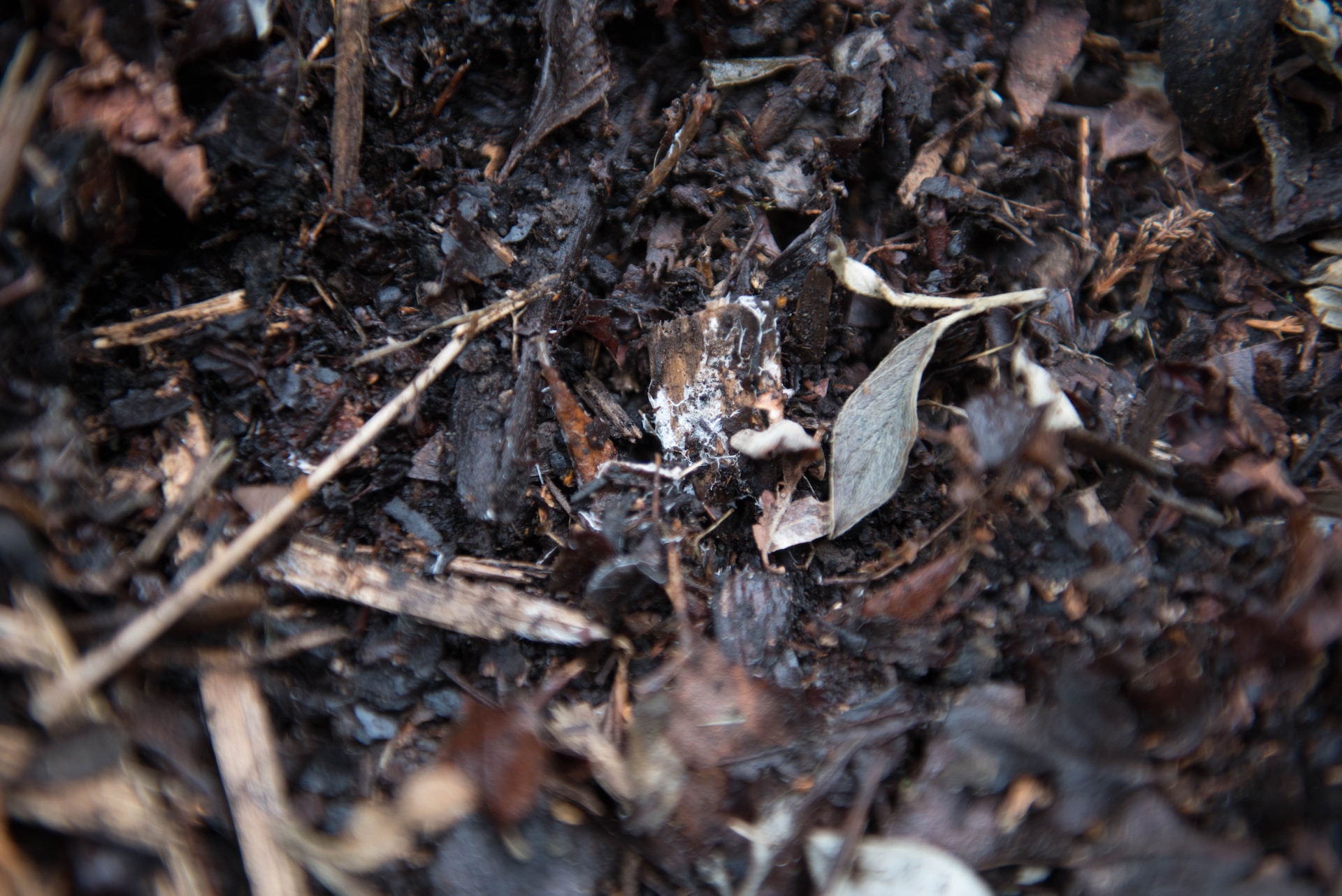Biogas production from pelleted and briquetted straw, roadside grass and reeds

The EU Commission has a target of production of 350 TWh biomethane by 2030, and in Sweden a target of 10 TWh is proposed. Currently, approximately 35 TWh biomethane is produced in EU and 1,5 TWh in Sweden. To enable production of biomethane, an economically viable concept is required that takes advantage of the potential from waste and residual products so that economies of scale can be achieved.
Agriculture has the largest untapped potential in Sweden, with a total of 4-10 TWh per year (excluding energy crops). Straw corresponds to 2-4 TWh per year of the total potential, and roadside grass and reed corresponds to approximately 0,3-1 TWh per year.
Alongside the political objective, there is an increased demand for biomethane from heavy trucks, industry, and shipping, which further justifies demonstration of biogas production from straw and lignin-based substrates.
This project is a feasibility study and it shall clarify and justify demonstration of digestion of straw, roadside grass and reeds from energy and climate perspective.

Anders Hjort
IVL Swedish Environmental Research Institute

anders.hjort@ivl.se
Project information
Participants
IVL
Halmstad University
Södra Hallands Kraft
Biofrigas Sweden AB
Perstorp Holding AB
Volvo Technology AB
Time schedule
December 2023 - March 2025
Total cost of project
1 615 000 SEK
Swedish Energy Agency project number
2023-01056
More projects

Energy efficient fossil-free aviation for regional public transportation in support of a green transition (NORRFLYG)
The industries of the green transition in especially northern Sweden, are in demand for labor, specialists and equipment from an increasingly large…
Manager: Jonas Westin
Ongoing

Increased yield of sustainable aviation fuels from Kraft lignin by multi-strategy approach: fractionation, lignin derivatization, hydroprocessing
Lignol® is a lignin based bio-oil designed to be compatible with existing refinery infrastructure. Being a lignin based product allows for production…
Manager: Marcus Jawerth
Ongoing

Hydrochar enhanced biogas production, HyBio
With new technology, we aim to explore the possibility of significantly increasing methane production during anaerobic digestion. Recent studies have shown that…
Manager: Maria Sandberg
Ongoing


